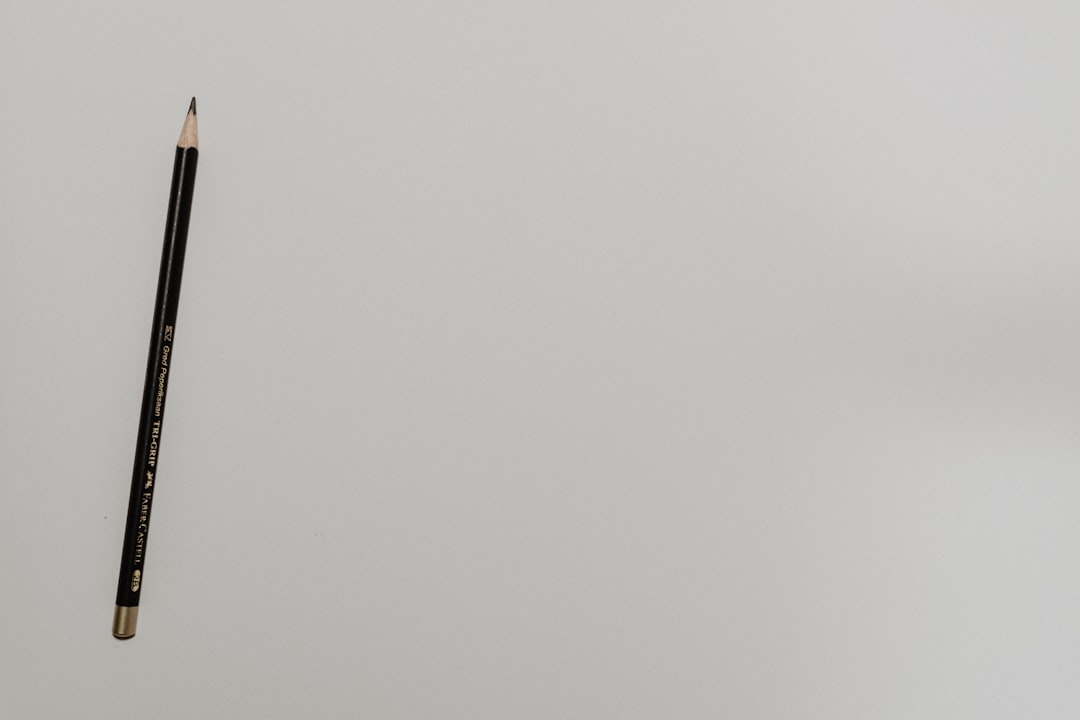The importance of just showing up
The best method I've found to break through inertia, and why it works for me. Plus, thoughts on collaboration and giving things a try.

After our Creative Hour last Sunday, writer Kelly Hearn posted this comment:
I was reminded tonight the importance of just showing up/bum in seat for the writing pro…
Keep reading with a 7-day free trial
Subscribe to In Writing with Hattie Crisell to keep reading this post and get 7 days of free access to the full post archives.

